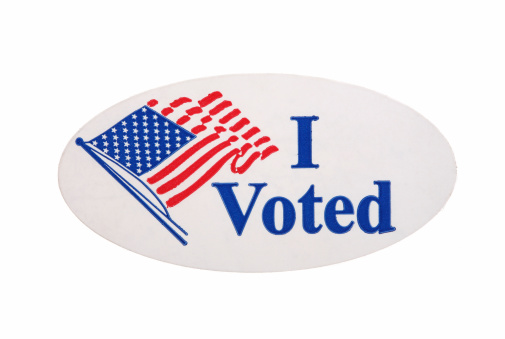Ann Arbor City Clerk Certifies Election Reform Ballot Proposals
by John Godfrey
In November 2024, Ann Arbor voters will decide to jettison partisan elections.
The Ann Arbor City Clerk has certified that a sufficient number of registered Ann Arbor voters
have signed citizen-circulated petitions to place two pro-democracy reform proposals to amend
the City charter on the November ballot. One proposal would introduce Michigan’s first local
campaign finance reform by creating a Fair Elections Fund. The other proposes to amend the
Ann Arbor City charter to establish nonpartisan elections for mayor and city council.
Certification of the petitions culminates a three-month long effort by the Coalition for Ann Arbor’s
Future, a grassroots initiative of more than 150 volunteer canvassers and active supporters.
Proposals for charter amendments require signatures of 5 percent of Ann Arbor’s voters. The City
Clerk has determined that volunteers had gathered more than 5,800 qualified signatures for
each proposal, exceeding the number required for certification.
When explaining to residents her reasons for canvassing, Brenda Millett said “I worked on the
petition drive to make the future of Ann Arbor better, not for myself since I am eighty-years-old,
but for younger generations.”
The cost of running for office has become prohibitive for most potential candidates, nearly
tripling since 2018. Recent years have seen an influx of money from big donors, outside
interests, and PACs. The proposal to create a Fair Election Fund is the first local campaign
finance reform in the state.
The Fund, supported by an annual allocation of three-tenths of one percent (0.3 percent) of the city’s
General Fund budget, would match small donations to council and mayoral candidates who
agree to accept much lower contribution limits and not take money from PACs, corporations, or
other organizations. These candidates would qualify for a 9-to-1 match for small donations of up
to $50 from Ann Arbor residents and tax-payers. By making small local donations matter, the
influence of special interests will be reduced and elections be a contest of ideas, not cash.
Similar public financing reforms have been adopted in other US cities including Evanston,
Berkeley, Denver, and Portland, ME.
Establishing nonpartisan elections for mayor and city council will bring Ann Arbor into alignment
with more than 80 percent of cities across the US. Nonpartisan municipal elections have been
recognized as a progressive reform for more than a century. Local elections are nonpartisan in
nearly all of Ann Arbor’s “peer” cities, including Austin, Asheville, Berkeley, Boulder, Cambridge,
Durham, Evanston, and others, as well as in many major cities. Los Angeles saw a 20 percent increase
in voter participation when it adopted nonpartisan elections.
Ann Arbor and Ypsilanti remain the only Michigan cities to hold partisan elections. Turnout for
August primaries is very low. In Ann Arbor, the primary for city council has become the mechanism
for choosing local officials. These races often go uncontested, including four seats this year. Even
in contested races, only about 12 percent of registered voters cast ballots in August, and some years
have seen turnout as low as 6 percent. The result is that primary winners almost never face an
opponent in November when far more voters go to the polls.
Nonpartisan elections expand participation in civic life. Ending partisan gate-keeping in the
primaries opens opportunities for more persons of various backgrounds to run for office and for
voters to have more choice. City officials may still be affiliated with a party, but political parties
no longer nominate persons for city office. Removing party labels from the ballot means that
voters are more likely to evaluate each candidate’s experience, qualifications, ideas and
positions.
If the charter amendments are approved by voters, ordinances will be established to provide
rules, procedures, and safeguards for their implementation, to take effect in 2025.
For more information, visit:
Nonpartisan election: https://www.a2nonpartisan.com/
Campaign finance reform: https://www.a2future.com/.


Comments are closed, but trackbacks and pingbacks are open.